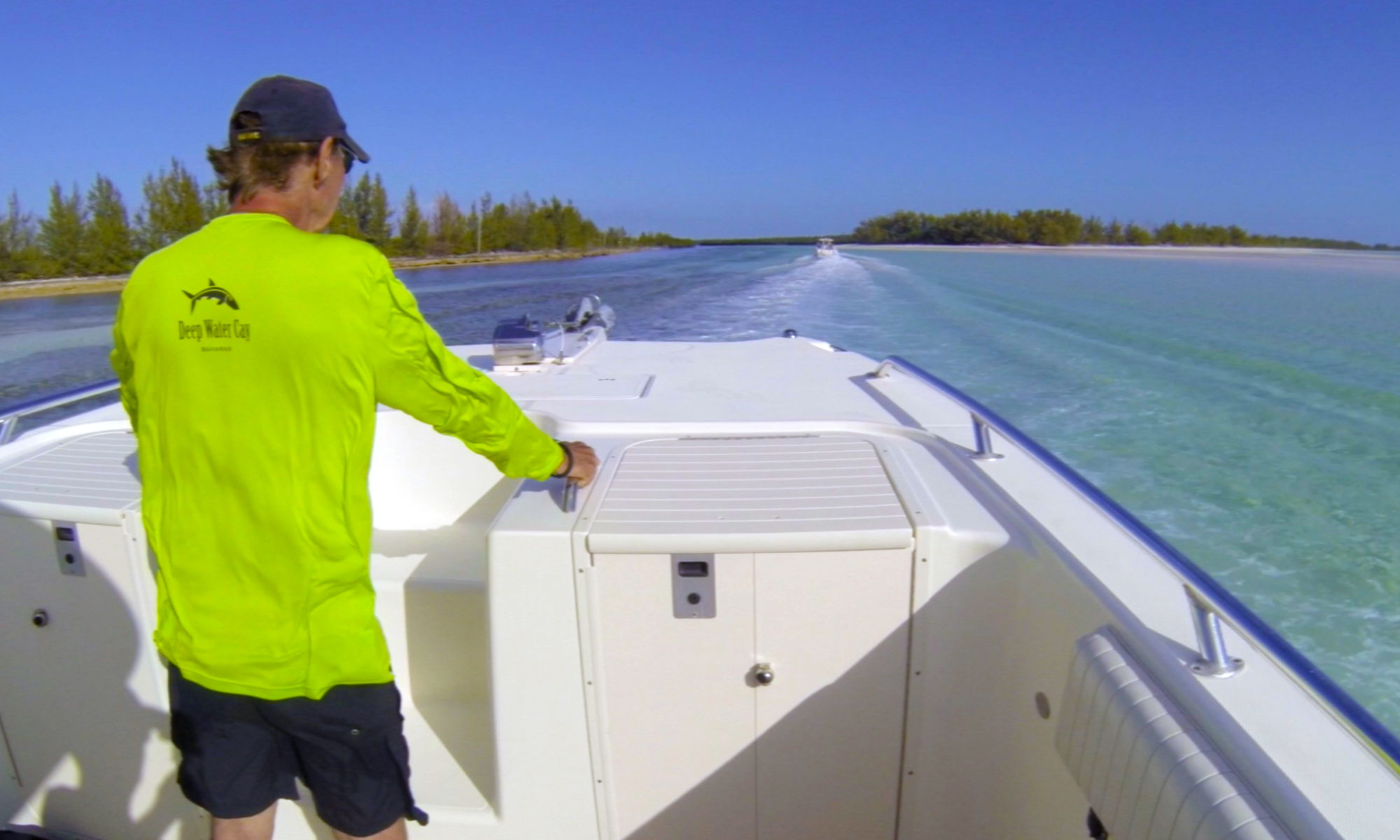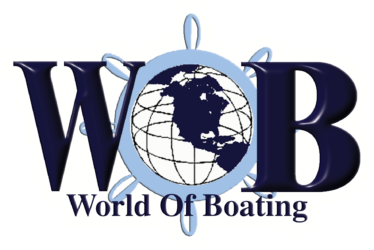This week Bill and Patrick navigate the latest boating news and information. Plus Captain Rusty reports live from the Jacksonville baot show.
Podcast: Play in new window | Download
Subscribe: RSS


The world's first and only nationally syndicated radio show devoted to the boating lifestyle! World of Boating airs live every Saturday from 2-3pm EST on radio stations throughout the US and worldwide on the web streamed live and through archived podcasts. Each week the WOB crew navigate the latest boating news and information often combined with an irreverent twist. Listeners (referred to as the passengers on the show) can participate live at 1-888-828-BOAT, through emails, or by clicking on the “Get on the air” tab 24/7 right here at WorldofBoating.com.
This week Bill and Patrick navigate the latest boating news and information. Plus Captain Rusty reports live from the Jacksonville baot show.
Podcast: Play in new window | Download
Subscribe: RSS
January 23, 2012
NOAA’s polar-orbiting and geostationary satellites are part of the international Search and Rescue Satellite Aided Tracking System, called COSPAS-SARSAT. This system uses a network of satellites to quickly detect and locate distress signals from emergency beacons onboard aircraft and boats, and from smaller, handheld personal locator beacons called PLBs.
Of the 207 saves last year, 122 people were rescued from the water, 14 from aviation incidents, and 71 in land situations where they used their PLBs. Other rescue highlights from the year include:
“With each rescue, this system performs the way it was intended — as a real, life-saving network,” said Chris O’Connors, program manager for NOAA SARSAT.
When a NOAA satellite finds the location of a distress signal, the information is relayed to the SARSAT Mission Control Center based at NOAA’s Satellite Operations Facility in Suitland, Md. From there, the information is quickly sent to a Rescue Coordination Center, operated by either the U.S. Air Force for land rescues or the U.S. Coast Guard for water rescues.
Since 1982, COSPAS-SARSAT has been credited with supporting more than 30,000 rescues worldwide, including more than 6,700 in the United States and its surrounding waters.
By law, owners of emergency beacons are required to register them with NOAA at: http://www.beaconregistration.noaa.gov. That registration information often helps provide better and faster assistance to people in distress. It may also provide information about the location of the emergency, how many people need assistance, what type of help may be needed and other ways to contact the owner. At the end of 2011 NOAA’s registration database contained over 329,000 registrations.
NOAA’s mission is to understand and predict changes in the Earth's environment, from the depths of the ocean to the surface of the sun, and to conserve and manage our coastal and marine resources. Join us on Facebook, Twitter and our other social media channels.
Our view from the helm: Have the advances in technology made boating safer or have we become too reliant on technology and thus we are more willing to take chances because we know that no matter how bad we screw up all we have to do is flip a switch and we'll be rescued?
This week the WOB crew navigate the latest boating news and information. Plus Bill and Patrick show off their Italian acting skills in Death of a Cruise Ship.
Podcast: Play in new window | Download
Subscribe: RSS
This week the WOB crew navigate the latest boating news and information. Plus wonder if one of their own is responsible for the flooding of the Atlanta Boat show.
Podcast: Play in new window | Download
Subscribe: RSS
This week the WOB crew navigate the latest boating news and information from their new broadcast facility….and talk about their radio show for private pilots!
Podcast: Play in new window | Download
Subscribe: RSS